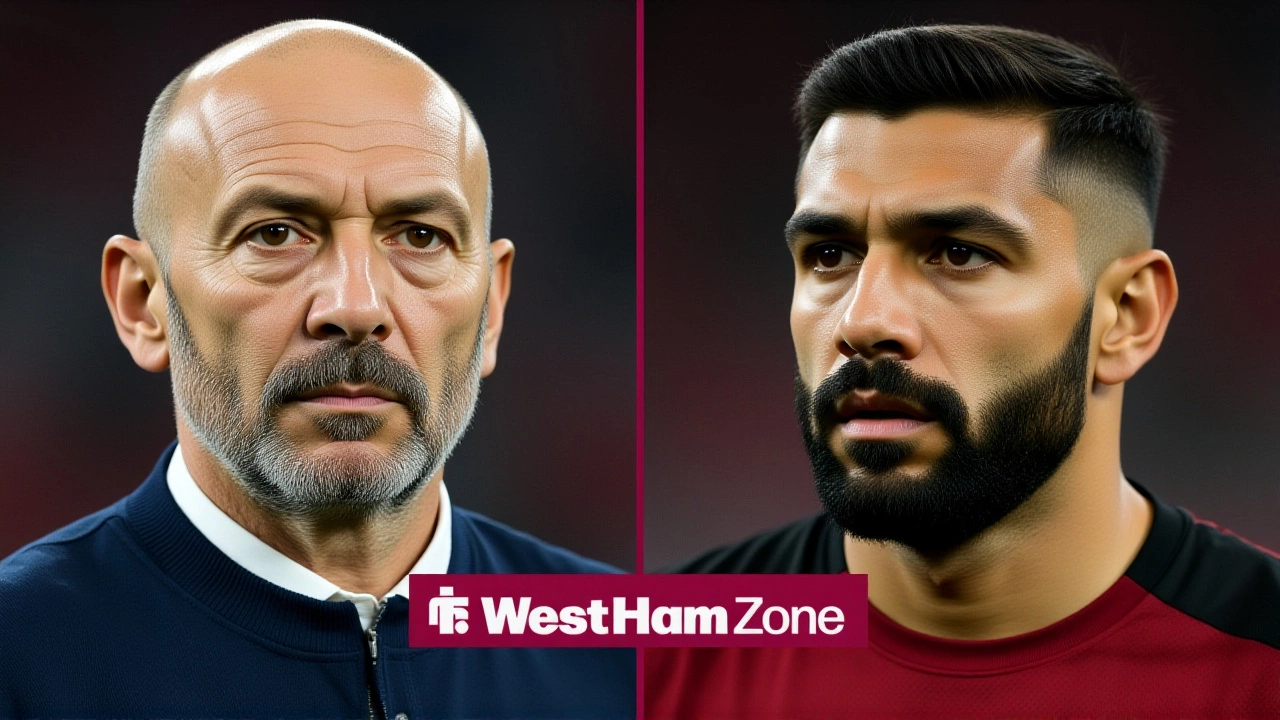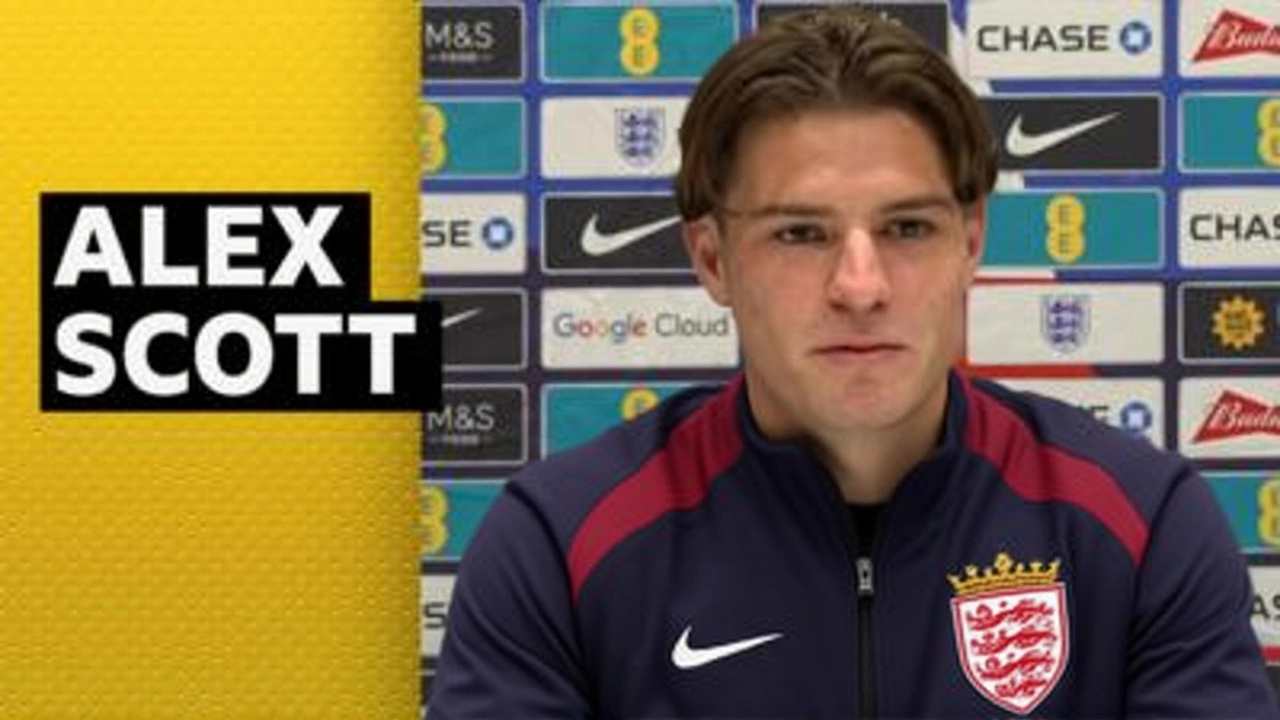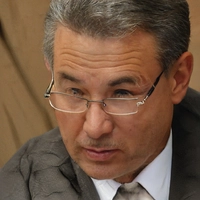It wasn’t supposed to end this way. With 45 minutes gone, West Ham United looked poised to cruise to a comfortable win at the Vitality Stadium. Two goals from Callum Wilson, the 33-year-old striker who once wore the red and gold of AFC Bournemouth, had the Hammers in control. But by full time, the Cherries had turned despair into drama — and the scoreboard into a 2-2 draw. This wasn’t just a point salvaged. It was a statement.
Wilson’s Ghosts and a Halftime Nightmare
Callum Wilson didn’t just score twice — he haunted his old club. The first goal came in the 18th minute, a low, curling strike from just outside the box that slipped past Neto, Bournemouth’s goalkeeper, who was still adjusting to his new role after replacing the injured Mark Travers. The second, in the 39th, was even crueler: a header off a corner, powered by Wilson’s trademark timing, as Johnny Kilman and Craig Dawson held the line. The crowd fell silent. Even the rain seemed to pause.For Bournemouth fans, it was painful. Wilson had been the face of their rise — the man who led them to Premier League promotion in 2015. Now, he was the executioner. West Ham, under manager Julen Lopetegui, played with clinical efficiency. They had only 38% possession, but every pass found its target. Their two shots on target? Both goals. That’s efficiency. That’s ruthlessness.
The Second Half Rebellion
Then came the turning point — and it wasn’t a substitution. It was a decision. A handball by Kilman in the 52nd minute, a contentious one, but VAR confirmed it. Penalty to Bournemouth. Marcus Tavernier, the 26-year-old English midfielder who’d been quietly brilliant all season, stepped up. No hesitation. Left foot. Clean. Past Alphonse Areola, West Ham’s 32-year-old French international keeper, who’d been nearly flawless all afternoon. 2-1.The stadium erupted. The momentum shifted. Bournemouth didn’t just press — they attacked. 15 shots in the second half. Seven corners. West Ham, by contrast, managed only one shot after halftime. Evanilson, the Brazilian forward, buzzed down the left. Ziyech — affectionately called ‘Zessi’ by fans — twisted and turned in the box. And then, in the 78th minute, it happened.
Enes Ünal, the Turkish striker, had returned from a 10-month ACL injury just two weeks prior. His first touch in this match? A pass. His second? A curling, left-footed finish from 12 yards, off a rebound from Tavernier’s shot. The ball kissed the post, then the keeper’s glove, then the net. The Vitality Stadium exploded. Players piled on Ünal. Fans screamed. Even the BBC commentator forgot to speak for three seconds.
Areola’s Heroics and the Near-Miss
If Wilson was the villain, Areola was the knight. He made five saves in the final 20 minutes — three of them breathtaking. A thunderous strike from Ziyech? Stopped with his foot. A header from Evanilson? Palmed over. A close-range volley from Christie? A reflex save with his chest. “How’s he doing this?” blared the NBC Sports commentary. And honestly? No one knew. He was playing on instinct, on pride, on years of training.But even heroes have limits. Bournemouth’s pressure was relentless. The Hammers had 12 clearances in the second half — nearly double their first-half total. Their midfield, usually so composed, looked ragged. Julen Lopetegui stood on the touchline, arms crossed, face unreadable. He knew. He’d seen this before. Teams with heart don’t die easily.

What This Means for Both Teams
For AFC Bournemouth, this was salvation. After two straight losses, they’d slipped to 12th place with 17 points. This draw didn’t just stop the bleeding — it gave them belief. And with Andoni Iraola’s side now showing grit and attacking verve, they’re no longer just survival candidates. They’re dangerous.For West Ham United, it’s a missed opportunity. They had the game won. They had the goals. They had the structure. But they lost control — and with it, a chance to climb into the top six. Now, they sit at 9th with 19 points, still in the mix, but increasingly vulnerable. Their attack is too reliant on Wilson. Their defense, without the injured Pablo Fornals, looks shaky.
What’s Next?
Both teams return to action on November 29, 2025, in Matchweek 13. Bournemouth host Fulham — a must-win if they want to stay clear of the drop zone. West Ham travel to Aston Villa, a fixture that could make or break their European hopes. But more than the results, the story here is momentum. Bournemouth found theirs. West Ham lost theirs.And for Callum Wilson? He scored twice. He got a standing ovation from the Bournemouth faithful — a rare, respectful tribute. He didn’t celebrate. He just nodded. He knew. This wasn’t just a game. It was a homecoming. And sometimes, home doesn’t want you to win.
Frequently Asked Questions
How did Enes Ünal’s return from injury impact the match?
Ünal’s equalizer was his first goal since returning from a 10-month ACL injury, and only his second appearance since his return. His presence stretched West Ham’s defense, creating space for Tavernier and Ziyech. His movement and finishing under pressure were critical — and his goal was the catalyst for Bournemouth’s second-half dominance, shifting the psychological balance of the match.
Why did West Ham dominate possession but lose control of the game?
West Ham had 62% possession, but only 4 total shots — just 2 on target. They relied on counter-attacks and set pieces, which worked in the first half. But once Bournemouth equalized, the Hammers froze. Their midfield didn’t adapt, and their forwards stopped pressing. Meanwhile, Bournemouth’s high press and relentless energy overwhelmed their structure, turning possession into meaningless territory.
What role did the weather play in the match?
Heavy rain and wind at the Vitality Stadium made passing slippery and long balls unpredictable. But while West Ham struggled to maintain composure in the conditions, Bournemouth used the weather to their advantage — playing direct, physical football that disrupted West Ham’s rhythm. The slick pitch also aided Bournemouth’s second-half pressing, as West Ham’s shorter passes became errant.
Why was the penalty decision controversial?
The penalty came after Johnny Kilman appeared to handle the ball while sliding to block a cross from Evanilson. Replays showed minimal contact, and Kilman’s arm was close to his body. But VAR ruled it a handball because the arm extended into the ball’s path — a decision that split fans. West Ham argued it was incidental, but the rules are strict: any contact with the arm above shoulder level in the box is penalized — even if unintentional.
How does this result affect Bournemouth’s survival chances?
Before this match, Bournemouth had lost three of their last five games and were just one point above the relegation zone. This draw lifted them to 17 points — now five points clear of 18th place. More importantly, it gave them confidence. With a favorable run of fixtures ahead, including games against bottom-half sides, they’re no longer just hoping to survive — they’re starting to believe they can climb.
Is Callum Wilson still a key player for West Ham?
Absolutely. Wilson has scored 8 goals in 12 Premier League appearances this season — the highest goal-per-game ratio on the team. But his reliance on set pieces and rebounds exposes West Ham’s lack of creative midfield support. Without more service from midfielders like Said Benrahma or Jarrod Bowen, Wilson’s effectiveness will remain inconsistent — and West Ham’s chances of breaking into the top six will too.

